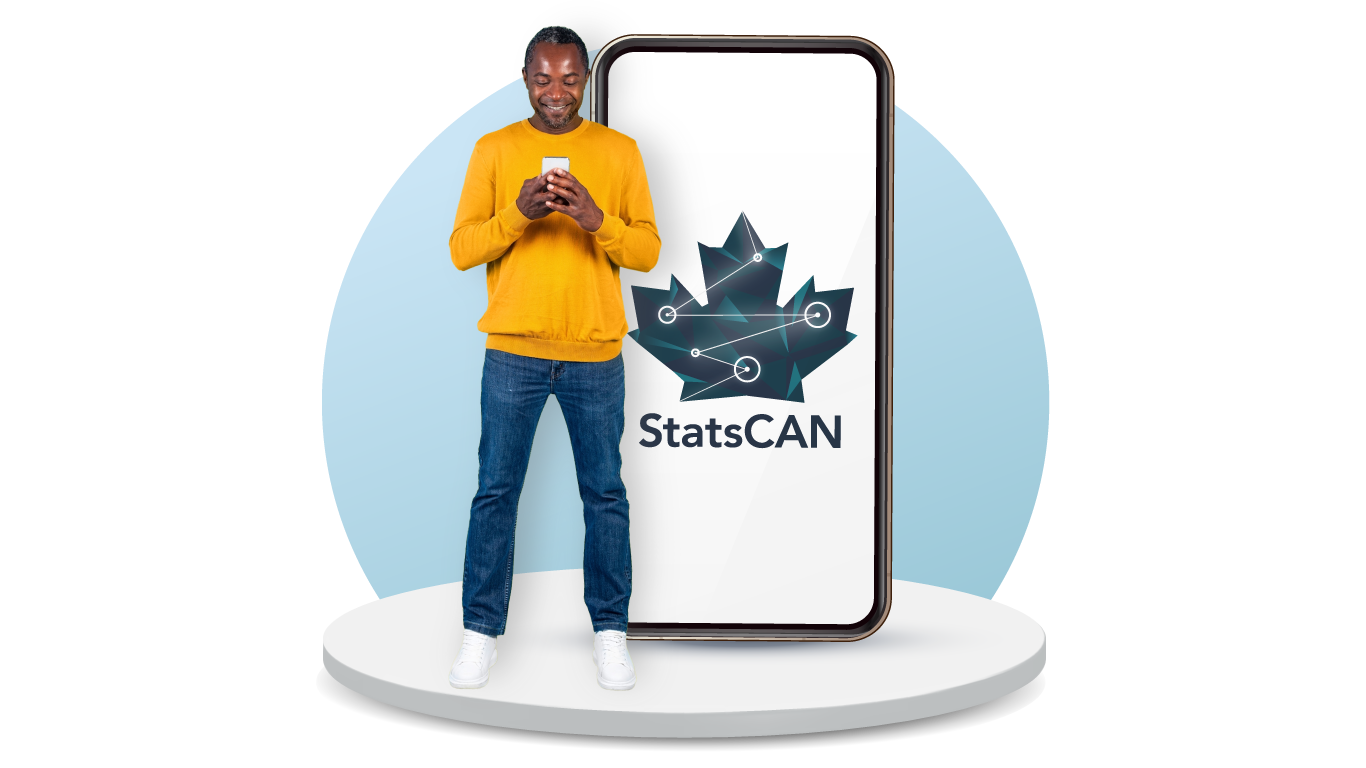
From October 6 to 12, it is Mental Illness Awareness Week in Canada. This national campaign seeks to inform and educate Canadians about mental illness and provides us with an opportunity to address misconceptions about that reality and improve our understanding of mental health. This in turn promotes our acceptance, respect and equitable treatment of those living with mental illness, while reducing stigma.
This year, we are taking a closer look at youth mental health, highlighting some key findings from the 2023 Canadian Health Survey on Children and Youth (CHSCY). The survey followed up with individuals who participated in the 2019 CHSCY to see how the physical and mental health of the children and youth have changed over the past four years.
In 2019, the survey asked youth aged 12 to 17 years to rate their mental health using five broad categories: “excellent,” “very good,” “good,” “fair” or “poor.” At that time, 12% of this age group had rated their mental health as “fair” or “poor.” That proportion more than doubled to 26% in 2023, when they were aged 16 to 21 years.
As we move through different chapters of life, our mental health is always changing. At any stage, we are presented with challenges to navigate—big or small, these may affect our mental health. Among the 88% of youth who rated their mental health as “good,” “very good” or “excellent” in 2019, about one in five (21%) reported experiencing a decline to “fair” or “poor” by 2023.
Among the 12% of youth who rated their mental health as “fair” or “poor” in 2019, 38% experienced an improvement and rated their mental health as “good,” “very good” or “excellent” in 2023. But the majority (62%) of those with “fair” or “poor” mental health in 2019 still had low self-rated mental health four years later.
Everyone’s mental health journey is different. In this survey, differences were found between boys and girls when comparing their self-rated mental health over time. Compared with boys, girls were more likely not only to experience declines in their self-rated mental health but also to maintain low self-rated mental health across the four-year follow-up period.
In 2019, 16% of girls aged 12 to 17 years rated their mental health as “fair” or “poor,” more than twice the proportion of boys (7%). The proportions increased in 2023 to 33% for girls aged 16 to 21 years and 19% for boys of the same age group.
Among boys and girls who reported having “good,” “very good” or “excellent” mental health in 2019, 26% of girls reported their mental health as being “fair” or “poor” in 2023, compared with 17% of boys. A higher percentage of girls (67%) maintained their “fair” or “poor” mental health rating from 2019 compared with boys (52%).
Further findings from the survey, including changes in mental health by age group and changes in optimism about school by age group and gender, can be found in the article, “2023 Canadian Health Survey on Children and Youth — Changes in the mental health of respondents from the 2019 survey.”
Your mental health matters
It is important to recognize that not only youth, but many people of all ages in Canada, are facing mental health challenges. Checking in with your friends and family and having open conversations about mental health can help ensure that no one suffers alone.
When the support of friends or family doesn’t seem to be enough, the next step may be talking to a professional to see what additional approaches might help get you back on track.
The following are some mental wellness resources and crisis help available to you, free of charge:
9-8-8: Suicide Crisis Helpline
Canada now has a national three-digit number—9-8-8: Suicide Crisis Helpline—for suicide prevention support. This helpline provides people in Canada with free access to bilingual, trauma-informed, and culturally appropriate suicide prevention support by phone and text. It is available 24/7,365 days a year. If you call or text 9-8-8, trained crisis responders will listen to you and provide support with compassion, providing a safe space for you to talk.
Kids Help Phone
- Toll-free: 1-800-668-6868
- Text: 686868 (no data plan, Internet connection or app required)
- Live chat: www.kidshelpphone.ca
Crisis centres near you
Website: LifeLine Canada
Additional resources are available on the mental health support and suicide prevention pages of the Government of Canada’s website.

StatsCAN app
Download the StatsCAN app today to have these articles at your fingertips! Already using the app? Leave a review in the App Store and Google Play and let us know what you think.
Contact information
For more information, contact the Statistical Information Service (toll-free 1-800-263-1136; 514-283-8300; infostats@statcan.gc.ca) or Media Relations (statcan.mediahotline-ligneinfomedias.statcan@statcan.gc.ca).

